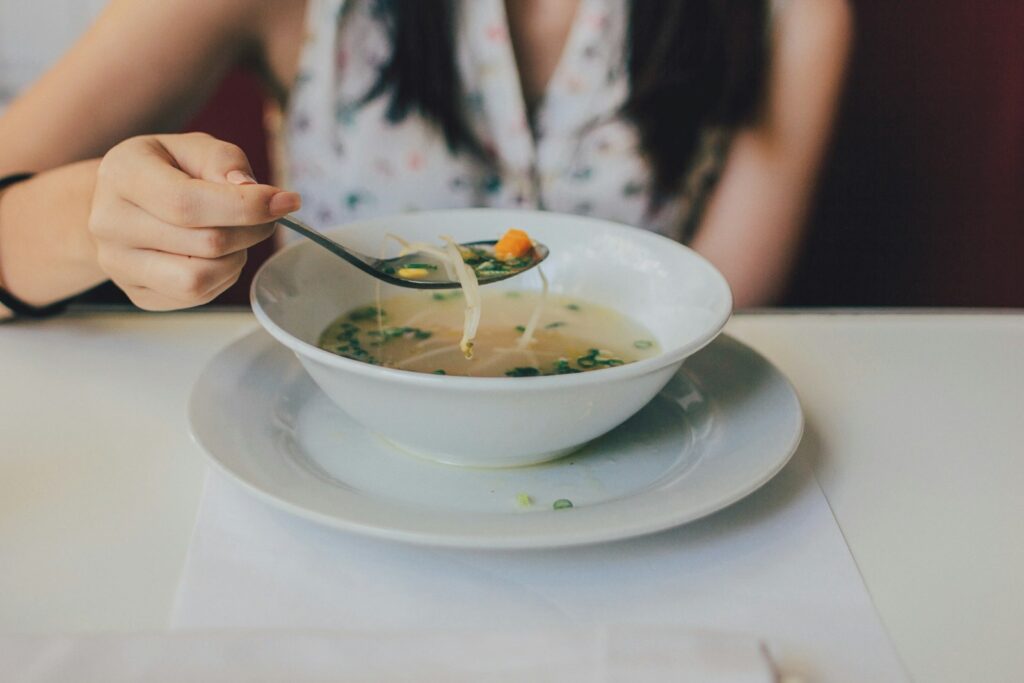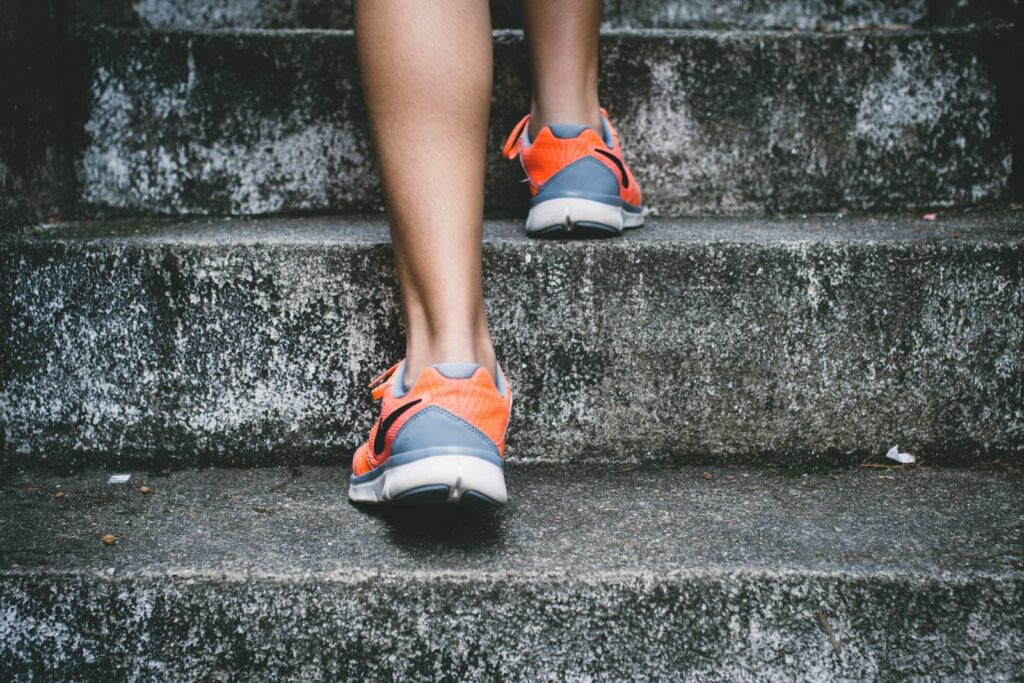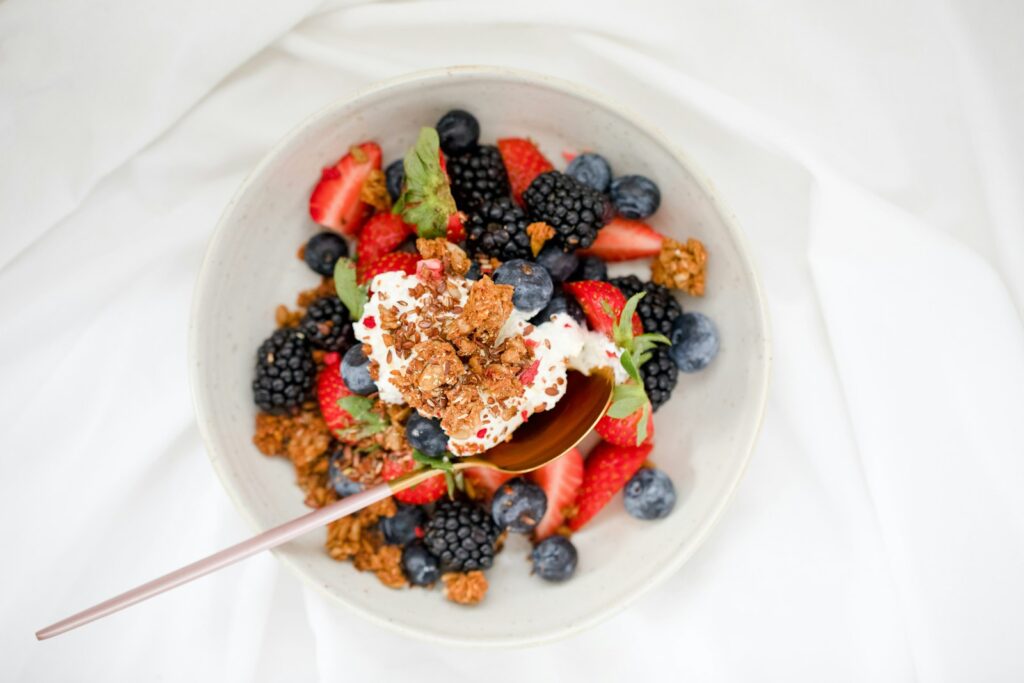800-Calorie Diet: VLCD for Weight Loss, Diabetes, and High BP
This Post Contains Affiliate Links. Please Read Our Disclosure for Full Information.
Hey, bestie! 💕 Sooo… you’ve probably heard about the 800-Calorie Diet—aka the Very Low-Calorie Diet (VLCD)—that’s all over the internet for rapid weight loss, controlling diabetes, and lowering blood pressure. Sounds like a magic fix, right? But hold up, queen—we need to break this down together, because it’s not something to jump into blindly.
Here’s your no-BS, girlfriend-to-girlfriend guide to everything you need to know about the 800-Calorie Diet—and whether it’s right for you!
🚨 What is the 800-Calorie Diet?
It’s exactly what it sounds like: eating only 800 calories per day. This is waaaay less than the usual recommended intake (which is around 1500–2000+ calories for most women).
It’s typically used for:
✅ Rapid weight loss
✅ Managing type 2 diabetes
✅ Lowering high blood pressure
👩⚕️ But girl, let me say this loud: VLCDs are medical-grade diets. You need a doctor’s OK before starting one because your body will be running on super low energy.
🌟 How Does It Work?
The idea is simple:
👉 When your body isn’t getting enough calories, it starts using stored fat for energy (hello, weight loss).
👉 Less food = lower blood sugar = better control of type 2 diabetes.
👉 Weight loss and better food choices can lower blood pressure.
Many people also follow something called the Fast 800 by Dr. Michael Mosley, which combines this low-cal diet with intermittent fasting.
Take A Look At These Amazing Dresses
🥗 What to Eat on an 800-Calorie Diet?
⚠️ Spoiler alert: It’s not pizza and cookies (I know, boo).
Here’s what your plate should look like:
✅ High-Protein Foods (keeps you full and preserves muscle)
👉 Try: Whey Protein Powder
✅ Lots of Veggies (hello fiber!)
👉 Load up on spinach, broccoli, cucumbers, zucchini
✅ Healthy Fats (in moderation!)
👉 Olive oil, avocado, nuts
✅ Low-GI Carbs
👉 Think quinoa, sweet potatoes, berries
✅ Plenty of Water & Herbal Tea
👉 Hydrate, babe! Try this cute Motivational Water Bottle to stay on track.
⚠️ Who Should NOT Do This Diet?
🚫 Pregnant or breastfeeding babes
🚫 Teens
🚫 People with an eating disorder history
🚫 If you have heart, kidney, or other serious health conditions
Always talk to a healthcare provider before starting this.
🌈 Pros of the 800-Calorie Diet:
✔ Rapid weight loss (think: 10–20 pounds in weeks)
✔ Better blood sugar control
✔ May lower BP and cholesterol
✔ Simpler eating = less decision fatigue
Check Out These Trending Outfits
🛑 Cons of the 800-Calorie Diet:
✘ Hunger (duh)
✘ Fatigue, dizziness, irritability
✘ Possible muscle loss
✘ Not sustainable long-term without supervision
👉 To keep metabolism happy, many experts recommend eventually transitioning to 1200–1500 calories after initial results.
💡 Pro Tips for Success:
✨ Plan ahead! Use Meal Prep Containers to avoid last-minute temptations.
✨ Take a daily Multivitamin—you’re eating less, so make sure you’re still getting key nutrients.
✨ Weigh yourself once a week only to avoid obsession.
✨ Keep moving with Home Workouts—light walks, resistance bands, yoga.
📝 Conclusion: Should You Try the 800-Calorie Diet?
Bestie, the 800-Calorie Diet is not for everyone—but it can be effective for weight loss, blood sugar control, and BP when done carefully under medical supervision.
If you’re looking for:
✔ A kickstart to your health journey
✔ Help managing type 2 diabetes
✔ Or a doctor-approved short-term reset…
—this could be your vibe.
But remember: health is about balance, joy, and sustainability too. 💖 Take it one step at a time—you’re doing amazing!




















